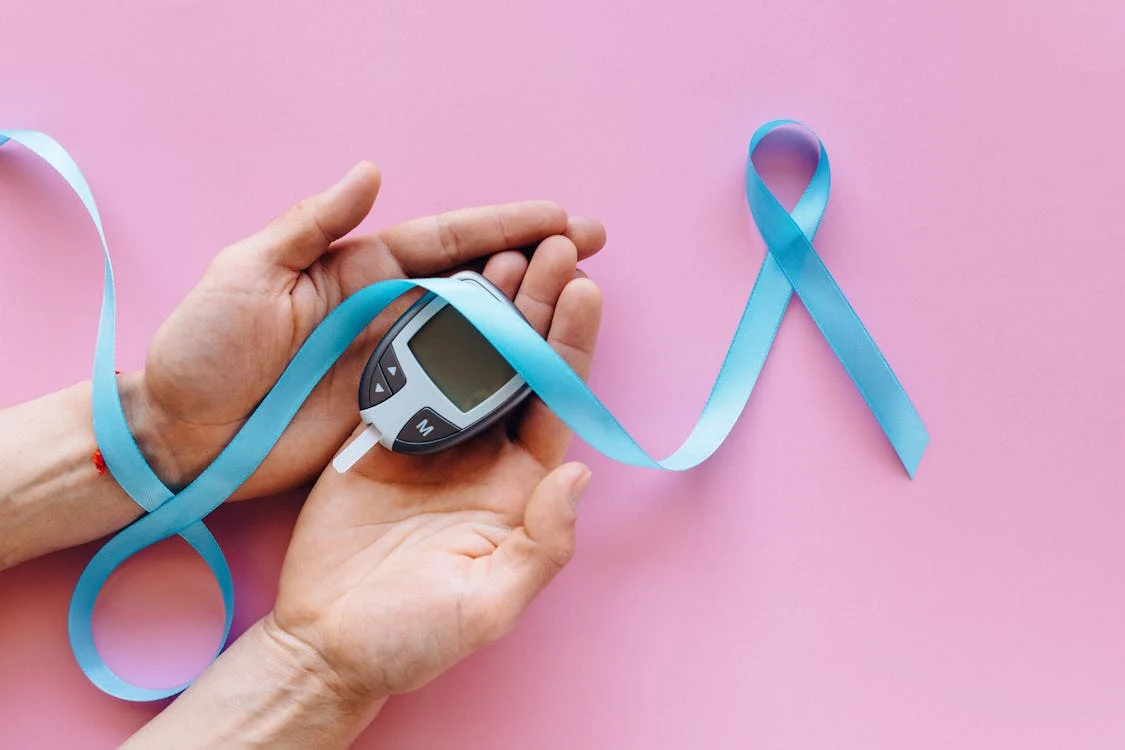Living with diabetes can feel like a constant balancing act. From monitoring blood sugar levels to making dietary adjustments, every choice matters. But what if a small addition to your bedtime routine could make a difference? Surprisingly, incorporating just two tablespoons of a particular ingredient into your evening ritual may help improve blood sugar management and promote better overall health. Here’s what you need to know.
The Role of Apple Cider Vinegar (ACV) in Blood Sugar Management
One of the simplest yet most effective ingredients to consider adding to your nighttime routine is apple cider vinegar (ACV). This household staple has gained popularity for its potential health benefits, including its ability to aid in blood sugar control.
How ACV Works
Apple cider vinegar contains acetic acid, which has been shown to improve insulin sensitivity and slow the absorption of carbohydrates. This can lead to more stable blood sugar levels, especially after meals. Some studies suggest that consuming a small amount of ACV before bed can help lower fasting blood sugar levels in the morning.
How to Incorporate ACV into Your Routine
Adding ACV to your bedtime routine is simple and requires minimal effort. Here’s how:
- Dilute It: Mix 2 tablespoons of apple cider vinegar with a glass of water. Undiluted ACV can be harsh on your teeth and stomach lining, so always dilute it before drinking.
- Make It Palatable: If the taste of ACV is too strong, you can add a teaspoon of honey or a pinch of cinnamon. These additions may enhance the flavor without compromising its benefits.
- Drink It 30 Minutes Before Bed: Allow enough time for your body to absorb it before you go to sleep.
Why Bedtime?
Consuming ACV at night may be particularly effective because it helps regulate your blood sugar during fasting hours. Overnight, when you’re not eating, your liver releases stored glucose into your bloodstream. ACV can help mitigate this process, leading to more stable morning readings.
Additional Benefits of Apple Cider Vinegar
Aside from its potential to improve blood sugar levels, ACV offers other health benefits:
- Improved Digestion: ACV can aid in breaking down food and enhancing nutrient absorption.
- Weight Management: Some studies indicate that ACV may promote feelings of fullness, helping with weight control—a crucial factor in diabetes management.
- Heart Health: Regular consumption of ACV has been linked to improved cholesterol levels and reduced risk of heart disease.
A Word of Caution
While apple cider vinegar has promising benefits, it’s essential to use it safely:
- Consult Your Doctor: If you’re on medication, especially insulin or other blood sugar-lowering drugs, speak with your healthcare provider before adding ACV to your routine. It can interact with certain medications and lead to dangerously low blood sugar levels.
- Don’t Overdo It: Stick to the recommended dosage of 1-2 tablespoons per day. Excessive consumption can cause digestive discomfort or other side effects.
Final Thoughts
Managing diabetes is a journey that requires consistency and informed choices. Adding two tablespoons of apple cider vinegar to your bedtime routine is a small yet impactful step toward better blood sugar control and overall health. As always, pair this practice with a balanced diet, regular exercise, and routine check-ups with your healthcare provider.
Why not give it a try? This simple tweak could be the game-changer you’ve been looking for!





